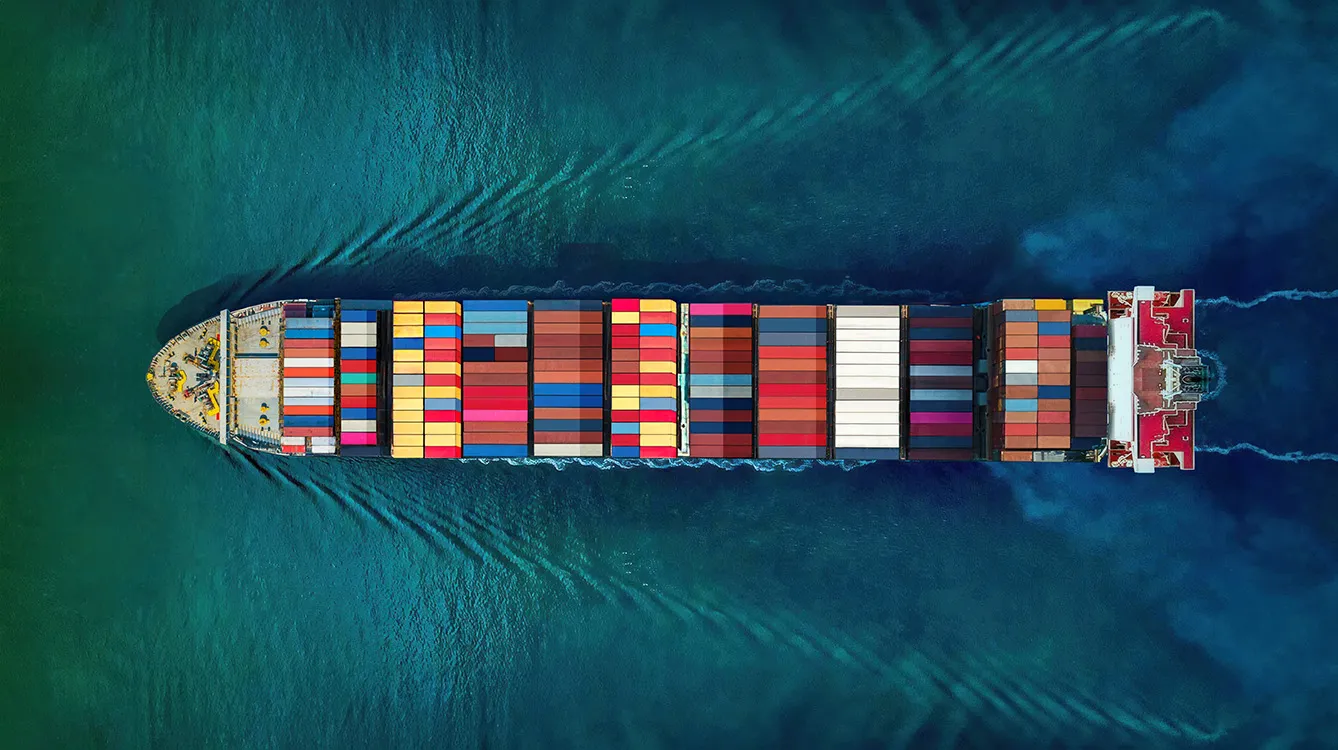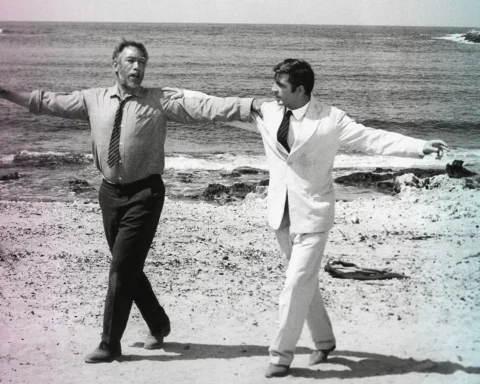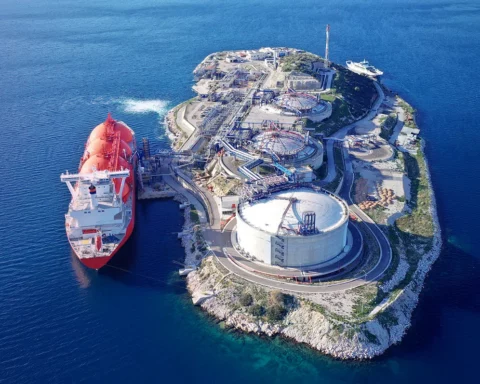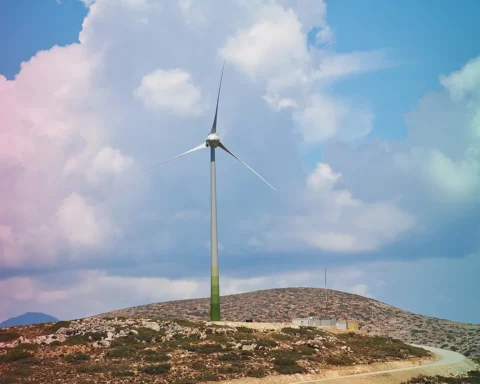Greece has been a maritime nation since antiquity. With 6000 islands, the country’s history is entwined with seafaring. So it’s perhaps no surprise that it’s Greek technology that’s throwing a life raft to the shipping industry emissions problem.
Change needed
Indeed, according to the European Commission, shipping remains a large and growing source of greenhouse gas emissions; in 2018, global shipping emissions accounted for almost 3% of the human-caused total. And these are projected to more than double by 2050. If the world is to avoid dangerous climate change, reducing the CO2 output of the ocean’s shipping lanes is a must.
Enter Greek company DeepSea. Founded in 2017, they are making it their mission to increase the efficiency of shipping. DeepSea is taking a double-barrel approach and has created two products that enable ships to reduce their fuel consumption with very little investment: Pythia, an AI-powered ‘voyage optimization platform,’ and Cassandra, an AI-powered ‘vessel optimization platform.’
By optimizing both the route and the ship itself, DeepSea says they can increase the efficiency of a ship by 10%, which equates to a huge reduction in fuel consumption, carbon emissions, and, of course, perhaps of greatest interest to the shipping companies: costs. “Routes and speeds can be easily changed and represent a very large portion of wasted fuel due to lack of predictability,” says Konstantinos Kyriakopoulos, Co-founder and CEO of DeepSea.
DeepSea’s technology works by taking data from a vessel and then using AI to create an accurate model of the ship in the cloud. This is then continually updated with live data to match the exact state of the ship in real-time. DeepSea also analyses the weather forecast, tides, and currents to create the optimal route and speed plan for any given ship. The AI calculates where energy can be saved – for example, by cleaning the hull, tweaking the speed, or harnessing a positive current. The software also suggests changes to get the ship to the destination port precisely on time, eliminating the need for wasteful buffers around estimated times of arrival. When all these efficiency improvements are added up, the energy saving significantly impacts the vessel’s overall efficiency.
“Using AI to optimize routes and speeds is the ultimate low-hanging fruit. We can knock off the first 10% of CO2 emissions of a ship without any investment other than software and some data collection.” When it comes to giant shipping freighters, even small improvements have a huge impact; a few percent increase in efficiency equates to thousands of dollars a day saved. “It’s an absolute no-brainer,” says Kyriakopoulos. “Every single ship needs to adopt performance routing now. Every day you’re not using it, you’re wasting tens of thousands of dollars per vessel.”
Big Impact; Low Cost
It’s a brilliant, simple, even obvious solution, yet one that, until now, had not been done. Shipping companies can make big impacts on their emissions and bottom lines without installing new equipment, retrofitting, or changing fuel sources.
Wallenius Wilhelmsen, one of the world’s largest shipping companies for transporting ‘roll on/roll off’ equipment (cars, heaving machinery, trains, and trailers) is becoming the first global shipping company to adopt DeepSea’s AI-based approach across its entire fleet of 120 ships. The company rolled out DeepSea’s performance routing software, which provides vessel-specific route and speed plans and has seen 7% cost savings already.
“No human being, no matter how many years of experience they have, can compete with these automated sailing instructions. It reduces emissions, it reduces fuel consumption and it increases safety during operation. It is a win-win in all aspects of sailing.” says Geir Fagerheim, SVP of Marine Operations at Wallenius Wilhelmsen.
Shipping remains one of Greece’s most important industries; Greek companies have around a third of the world’s tankers and a quarter of the world’s bulk carriers. So it’s fitting that it’s a Greek company leading the charge in increasing shipping efficiency and cutting costs and carbon on the high seas.







